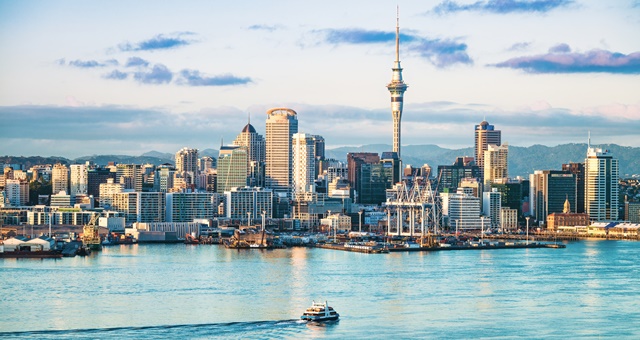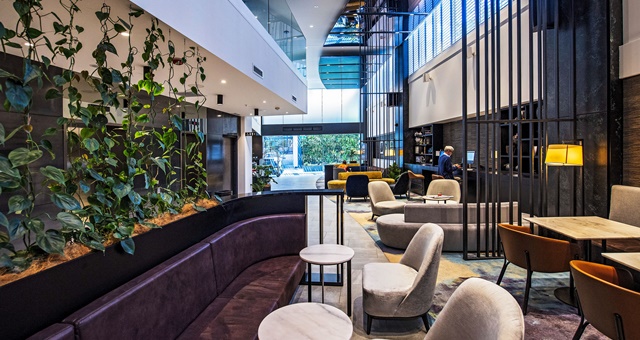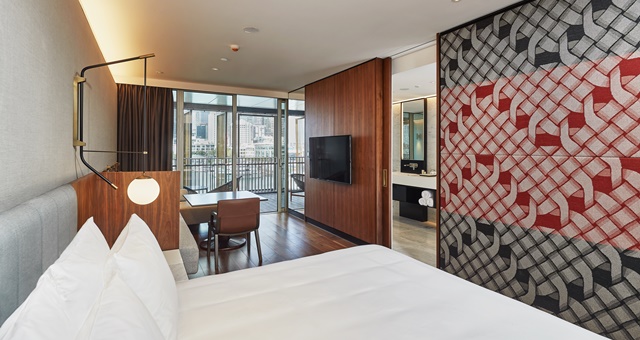Hotel Council Aotearoa (HCA) – the new industry focused association representing the interests of New Zealand’s hotel industry – has renewed calls for the controversial Auckland Provider Targeted Rate (APTR) to be axed completely to help the sector’s pandemic recovery.
The calls come as part of the association’s submission to Auckland Council’s 10-year Budget (2021-2031), which say the rate proposal has no positive effect for the sector or the city.
According to HCA, the city’s so-called ‘bed tax’ has been beset with problems since its inception, including a limited ability to apply to all online accommodation providers, including short-term rental operators. Further, due to its inflexible nature, the rate has not been able to be adjusted downwards fairly whenever profits and revenues of accommodation operators fall, such as during a global pandemic.
“True recovery must start now, and permanently shelving the APTR is the first and vital step,” said HCA Strategic Director, James Doolan.
Originally introduced in 2017 as a means to help fund Auckland Council’s spending on major events, destination marketing and visitor attractions, the targeted rate has come under regular fire from the accommodation sector and high-ranking officials, including New Zealand’s Tourism Minister at the time, Paula Bennett. When the pandemic took hold and saw the country’s borders closed, Auckland Council made the move to suspend the APTR until the end of March 2021.
Auckland Council received its fair share of powerful backers too, including New Zealand’s High Court, which opened the door for similar targeted rates to be imposed in other cities across the country, with Queenstown soon following suit with a similar plan.
Key criticisms of the rate included the accommodation sector saying it receives only 9% of the NZD$7.5 billion spent by visitors to the city each year (prior to COVID) but that it was being asked to pay 100% of the rate, effectively discouraging investors to inject capital into hotel development in the city.
“COVID has shown the APTR to be fatally flawed as a revenue-gathering mechanism,” Doolan added.
“The history and rationale for its introduction in 2017 is now completely irrelevant, given the unprecedented environment in which the world is operating.”
Doolan added that reintroducing the rate and adding another fixed cost for accommodation providers could “break our critical tourism backbone” and make it more difficult for the city to attract high-value visitors once borders reopen.
“It makes sense if you think about it because the product expires every single day,” Doolan said.
“There is no such thing as pent-up demand for yesterday’s unsold room-night. A hotel stay can’t be home-delivered by Uber or experienced virtually by Zoom.”
Hotel Council Aotearoa said a fairer, fit-for-purpose funding mechanism that benefits all parties must be developed, as simply imposing the burden on hotels is all that the APTR does.




